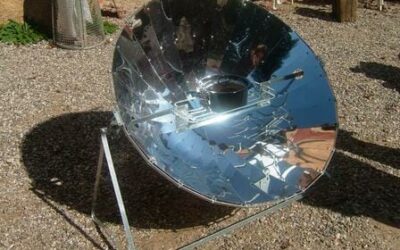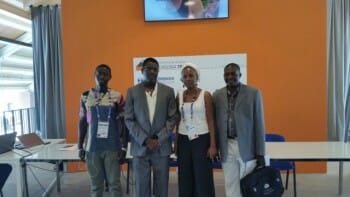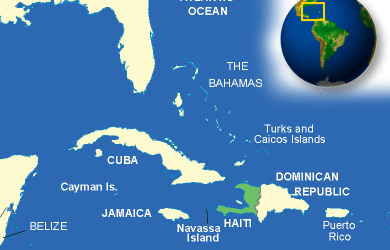The project, “Solar Kitchens for Mont-Organisé,” of the AFNonlus at the World Climate Conference in Paris, is among the best “100 Italian Energy Stories” of Enel and the Symbola Foundation.
EXPO: Solar Power Cookers For Haiti
Helping to relieve poverty in Haiti while resolving the environmental problem. The Cucine solari per Mont -Organizé Project,presented at EXPO Milano 2015 in the Cascina Trulza-Civil Society Pavilion.
[:it]Expo 2015: AFN onlus presenta il progetto “Cucine solari per Haiti”
Presentazione del progetto “Cucine solari per Mont-Organisé (Haiti)” e delle tematiche connesse alle emergenze ambientali, allo sviluppo della microimpresa, all’utilizzo delle tecnologie a impatto zero.
Haiti: always in our hearts
Five years ago a catastrophic earthquake struck the Caribbean Island. Commitments for various types of aid actions were set in motion to help the Haitian population.
Haiti: Towards a culture of encounter
A team of NetOne held a Seminar on Communication on an island of the Caribbean that was destroyed by the earthquake of 2010. The life of the Gospel is at the basis of the sharing that makes us all brothers and sisters.
Haiti: The music of Nick & Friends
Forty artists and 18 songs to help finance a home construction project for 2010 earthquake victims from Haiti
Haiti outside the spotlight
After nearly 9 months since the earthquake that devastated Haiti, the work of reconstruction continues on the Caribbean Island, even when the spotlights have been turned away
[:it]Terremoto Haiti[:es]Terremoto en Haití[:fr]Tremblement de terre en Haïti[:pt]Terremoto Haiti
Segni di luce e di speranza. Anche la comunità dei Focolari in prima linea negli aiuti
Haiti after the earthquake
Speaking by phone with the local focolare coordinator, he gave us an update on the situation in his part of the country. A distribution center for clothing, food and medical help has been set up and there is a plan to provide housing for 20 families
Haiti emergency
There has been a great response throughout the Movement, in solidarity with the people of Haiti, Central America, stricken by a devastating earthquake.






